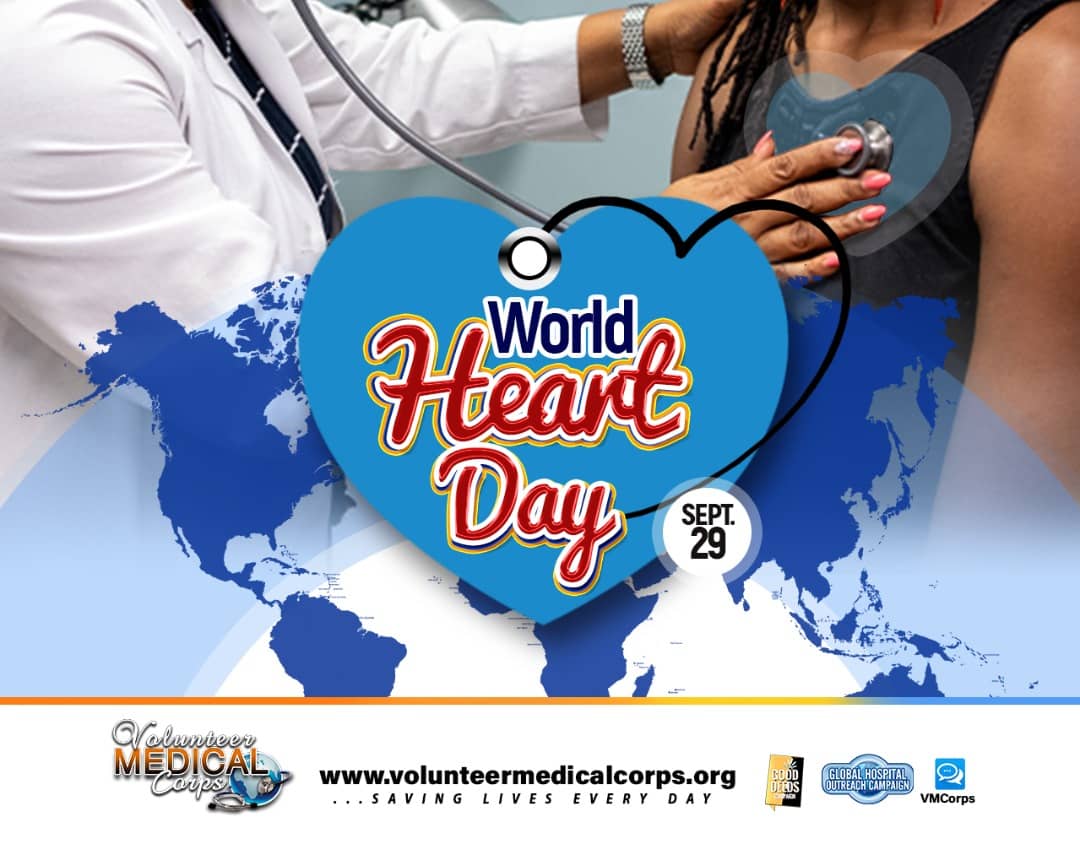
The heart is a vital organ of our body. It is a muscular organ around the size of a closed fist, and it sits in the chest, slightly to the left of the center. It is responsible for pumping blood and supplying oxygen and nutrients.
On average, the heart beats 100,000 times a day and circulates about 5.6 liters of blood throughout the body three times a minute. The cardiac cycle, also known as the heartbeat, begins with deoxygenated blood collecting in the right atrium.
The heart sends deoxygenated blood to the lungs, where the blood loads up with oxygen and unloads carbon dioxide, a waste product of metabolism. The heart, blood, blood vessels, arteries, capillaries, and veins, all together make up the circulatory system.
The heart consists of four chambers:
The atria: These are the two upper chambers, which receive blood.
The ventricles: These are the two lower chambers, which discharge blood.
A wall of tissue called the septum separates the left and right atria and the left and right ventricles. Valves separate the atria from the ventricles.
The heart’s walls: This consist of layers of tissue such as:
The rate at which the heart contracts depends on many factors, such as:
At rest, the heart might beat around 60 times each minute. But this can increase to 100 beats per minute (bpm) or more.
HERE ARE FOUR MAIN FUNCTIONS OF THE HEART
TIPS FOR A HEALTHY HEART
Your heart is God’s special gift to you, so you should take very good care of it.
Here are some ways you can care for your heart:
Cut down on salt – Too much salt can cause high blood pressure, which increases the risk of developing coronary heart disease.
Watch your diet – Try to have a balanced diet. Your daily diet should include fruits and vegetables, and starchy foods such as wholegrain bread and rice.
Get active – Aim for at least 30 minutes of moderate exercise every day. Keeping yourself fit not only benefits the heart but also improves mental health and well-being.
Manage your weight – Cholesterol deposition in blood vessels begins in the first decade of life. Carrying a lot of extra weight as fat can greatly affect your health. Make small but healthy changes in your diet.
Laughter – Laughter anytime will work wonders for you. It is an instant way to unleash the pressure and it makes you feel light.
Faith Proclamations – God’s desire is for you to live and walk in divine health. So, speak words that are in line with God’s desire for you. Declare faith-filled words daily concerning your health and every part andorgan of your body.
FOODS THAT ARE GOOD FOR THE HEART
Heart disease accounts for nearly one-third of all deaths worldwide, and the food you eat plays an important role in the health of your heart. So, it’s necessary you know the right food that is good for your heart health.
Leafy green vegetables like spinach, kale, and collard greens are well known for their wealth of vitamins, minerals, and antioxidants. In particular, they’re a great source of vitamin K, which helps protect your arteries and promote proper blood clotting
Berries are yummy! They are also rich in antioxidants like anthocyanins, which protect against oxidative stress and inflammation that contribute to the development of heart disease.
Avocados are an excellent source of heart-healthy monounsaturated fats, which have been linked to reduced levels of cholesterol and a lower risk of heart disease.
Fatty fish like salmon, mackerel, sardines, and tuna are loaded with omega-3 fatty acids, which have been studied extensively for their heart-health benefits. Omega-3 fatty acids from fatty fish may have a protective role in the risk of developing heart disease and slightly reduce the risk of CVD events and arrhythmia.
Studies have shown that eating whole grains is associated with lower cholesterol and systolic blood pressure, as well as a lower risk of heart disease.
Beans contain resistant starch, which resists digestion and is fermented by the beneficial bacteria in your gut. Resistant starch has the potential to exert a healthy impact on the gut and certain members of its resident microbiota.
Dark chocolate is rich in antioxidants like flavonoids, which can help boost heart health. It has been associated with a lower risk of developing calcified plaque in the arteries and coronary heart disease.
Tomatoes are loaded with lycopene, a natural plant pigment with powerful antioxidant properties.
Almonds are a good source of heart-healthy monounsaturated fats and fiber, two important nutrients that can help protect against heart disease.
In summary, your diet can influence almost every part of your heart health, so be mindful of what you take in, including these foods in your diet can keep your heart in shape.
SCRIPTURES ON THE HEART
God is peculiar about our our heart and its content, and he let us know in his word.
Proverbs 17:22 (NLT) “A cheerful heart is good medicine, but a broken spirit saps a person’s strength.”
Proverbs 4:23 ‘’Above all else, guard your heart, for it is the wellspring of life.’’
Proverbs 14:30 ‘’A heart at peace gives life to the body, but envy rots the bones
Admin